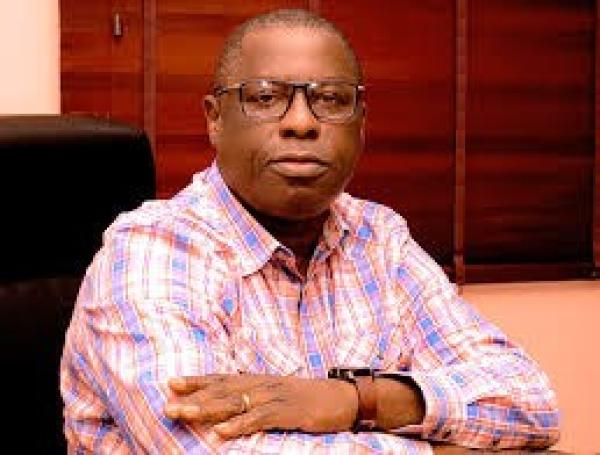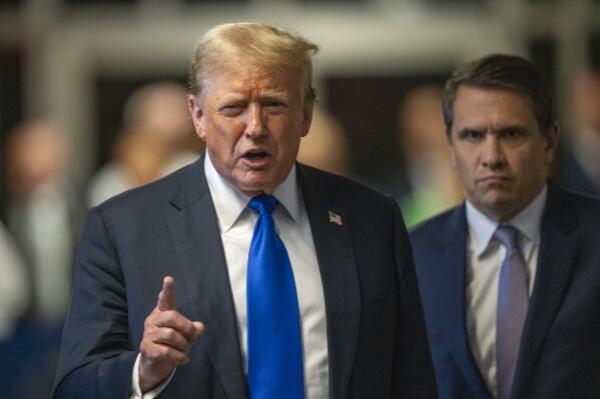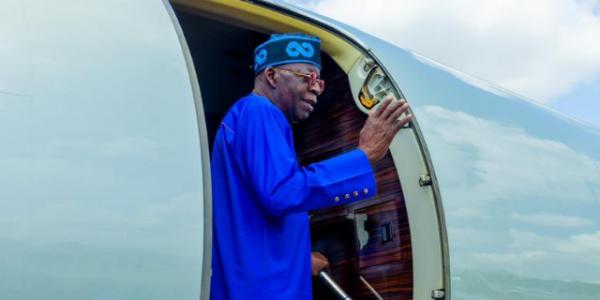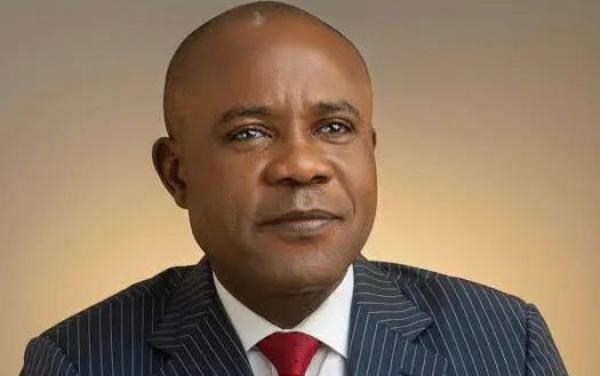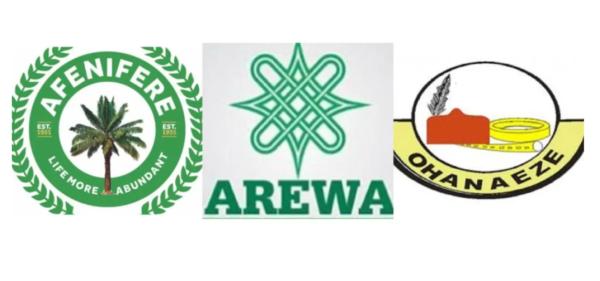
Leading American philosopher and political activist Noam Chomsky commended the British parliamentary vote to recognise the Palestinian Territories as a state on Wednesday but stressed that the US held the keys to a Palestinian state.
“The vote in the British parliament is an illustration of the kind of action that can add to the growing effort that can pressure the influential states in the world,” he told reporters at the United Nations on Wednesday.
While only symbolic – British Prime Minister David Cameron abstained from the vote and it will have no official effect on policy – Chomsky said that the overwhelming show of support for a Palestinian state among British lawmakers reflected a wider will among Europeans, “and to some extent, Americans,” to distance themselves from “the very explicitly criminal actions Israel is taking” in the Gaza Strip and the West Bank.
Chomsky, a fierce critic of US foreign policy and Israeli actions in the Palestinian Territories, also praised a recent decision by Sweden to recognise Palestine as a state – making it the first country in Western Europe to do so – and acknowledged comments made by French Foreign Minister Laurent Fabius on Tuesday, in which he indicated the prospect of a vote in Paris on the same subject.
"What we want is not something symbolic, but something that is useful for peace," Fabius said.
Russia said on Sunday that it planned to back Palestine’s UN Security Council resolution, announced by President Mahmoud Abbas in September, which sets a two-year deadline for the implementation of a two-state system, including the withdrawal of Israel from the West Bank and East Jerusalem.
Some 130 countries worldwide already recognise the Palestinian Territories as a nation state, despite American and Israeli disapproval.
In 2012, 138 of 147 countries at the UN General Assembly voted to accord Palestine “non member observer state” status at the UN. The US was one of eight that voted against the motion.
‘Palestinians should look to South Africans’
Chomsky stressed that despite a shift in perspective in Europe, a resolution on the Palestinian-Israeli conflict would remain out of reach until the United States was “ready to accept that settlement”.
“There will be great efforts to prevent [a settlement] on the part of the US and its close allies – Canada and Australia,” he said. “There will be one roadblock after another”.
Responding to questions b Leading American philosopher and political activist Noam Chomsky commended the British parliamentary vote to recognise the Palestinian Territories as a state on Wednesday but stressed that the US held the keys to a Palestinian state.
“The vote in the British parliament is an illustration of the kind of action that can add to the growing effort that can pressure the influential states in the world,” he told reporters at the United Nations on Wednesday.
While only symbolic – British Prime Minister David Cameron abstained from the vote and it will have no official effect on policy – Chomsky said that the overwhelming show of support for a Palestinian state among British lawmakers reflected a wider will among Europeans, “and to some extent, Americans,” to distance themselves from “the very explicitly criminal actions Israel is taking” in the Gaza Strip and the West Bank.
Chomsky, a fierce critic of US foreign policy and Israeli actions in the Palestinian Territories, also praised a recent decision by Sweden to recognise Palestine as a state – making it the first country in Western Europe to do so – and acknowledged comments made by French Foreign Minister Laurent Fabius on Tuesday, in which he indicated the prospect of a vote in Paris on the same subject.
"What we want is not something symbolic, but something that is useful for peace," Fabius said.
Russia said on Sunday that it planned to back Palestine’s UN Security Council resolution, announced by President Mahmoud Abbas in September, which sets a two-year deadline for the implementation of a two-state system, including the withdrawal of Israel from the West Bank and East Jerusalem.
Some 130 countries worldwide already recognise the Palestinian Territories as a nation state, despite American and Israeli disapproval.
In 2012, 138 of 147 countries at the UN General Assembly voted to accord Palestine “non member observer state” status at the UN. The US was one of eight that voted against the motion.
‘Palestinians should look to South Africans’
Chomsky stressed that despite a shift in perspective in Europe, a resolution on the Palestinian-Israeli conflict would remain out of reach until the United States was “ready to accept that settlement”.
“There will be great efforts to prevent [a settlement] on the part of the US and its close allies – Canada and Australia,” he said. “There will be one roadblock after another”.
Responding to questions by FRANCE 24, Chomsky said that in order to change the mindset in Washington, he believes the Palestinian leadership should focus on addressing the American public. “I think there will be no significant progress in this conflict until pressure from the American population induces the government to take a different stance,” he said.
He compared the Palestinian deadlock with that of other “third-world nationalist movements,” citing Vietnam, East Timor and South Africa. “They all understood the significance of developing solidarity and support among the American population to the extent that they can influence the modification of policy,” he said.
Chomsky, who was described by the New York Times in 1979 as the “most important intellectual alive,” was arrested and briefly jailed in 1967 during a major anti-Vietnam war demonstration.
US to blame for Islamic State?
Questioned on the Islamic State militants’ looming invasion of the Syrian town of Kobani, Chomsky called on Turkey to recognise its importance in saving the border town “from destruction at the hands of ISIS,” which he said could be a major massacre with enormous consequences. “Turkey’s role is critical in this,” he said.
Chomsky also criticised the US for its “sledgehammer” effect on Iraq’s sectarian balance during the war started in 2003, implying Washington’s responsibility in creating conditions that spawned the so-called Islamic State group.
Returning to the Israeli-Palestinian conflict, he attacked what he called the "anglosphere".
"If you look at the international scene, the strongest support for Israeli policies has been among the offshoots of Britain: the US, Australia and Canada," he said.
“These are settler colonial societies, societies where the English colonists came and virtually exterminated the indigenous population. Why might this be related to support for Israel? It’s not hard to figure out.”
Chomsky said that the countries had not come to terms with their “extermination of the indigenous populations”.
But with growing support for Palestinian rights even in the UK and among other western European nations, Chomsky warned that the US, Canada and Australia would not be able to "divorce themselves from the world".
Chomsky said that in order to change the mindset in Washington, he believes the Palestinian leadership should focus on addressing the American public. “I think there will be no significant progress in this conflict until pressure from the American population induces the government to take a different stance,” he said.
He compared the Palestinian deadlock with that of other “third-world nationalist movements,” citing Vietnam, East Timor and South Africa. “They all understood the significance of developing solidarity and support among the American population to the extent that they can influence the modification of policy,” he said.
Chomsky, who was described by the New York Times in 1979 as the “most important intellectual alive,” was arrested and briefly jailed in 1967 during a major anti-Vietnam war demonstration.
US to blame for Islamic State?
Questioned on the Islamic State militants’ looming invasion of the Syrian town of Kobani, Chomsky called on Turkey to recognise its importance in saving the border town “from destruction at the hands of ISIS,” which he said could be a major massacre with enormous consequences. “Turkey’s role is critical in this,” he said.
Chomsky also criticised the US for its “sledgehammer” effect on Iraq’s sectarian balance during the war started in 2003, implying Washington’s responsibility in creating conditions that spawned the so-called Islamic State group.
Returning to the Israeli-Palestinian conflict, he attacked what he called the "anglosphere".
"If you look at the international scene, the strongest support for Israeli policies has been among the offshoots of Britain: the US, Australia and Canada," he said.
“These are settler colonial societies, societies where the English colonists came and virtually exterminated the indigenous population. Why might this be related to support for Israel? It’s not hard to figure out.”
Chomsky said that the countries had not come to terms with their “extermination of the indigenous populations”.
But with growing support for Palestinian rights even in the UK and among other western European nations, Chomsky warned that the US, Canada and Australia would not be able to "divorce themselves from the world".












